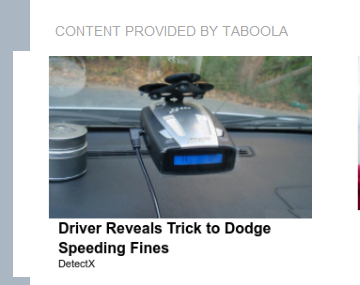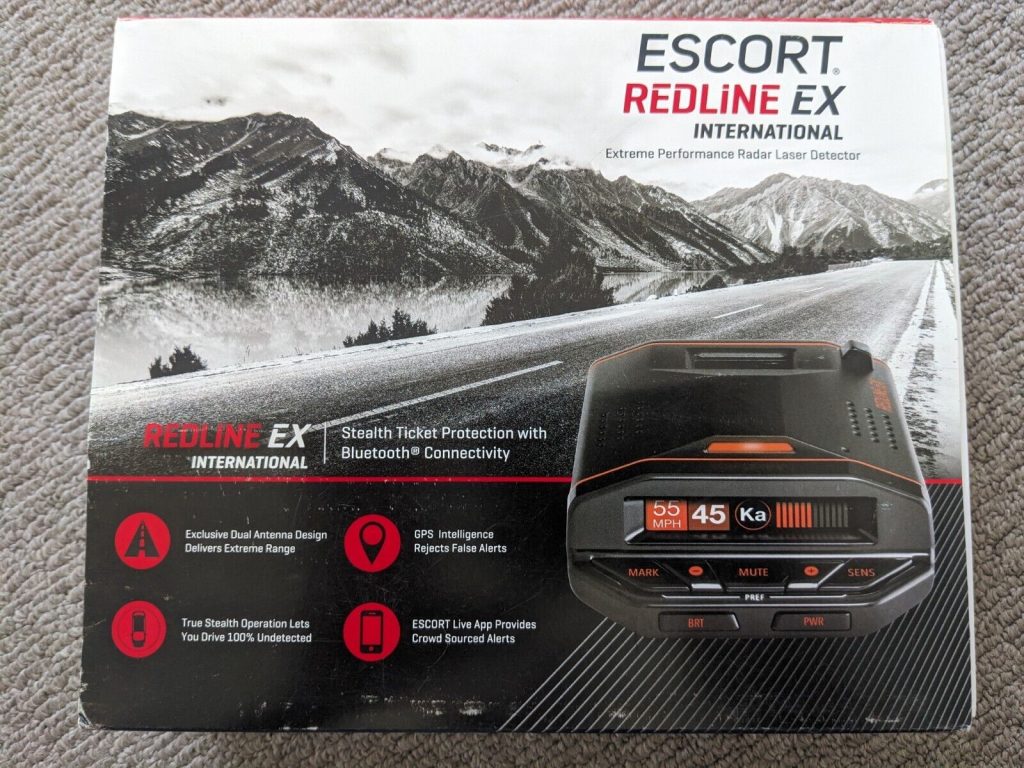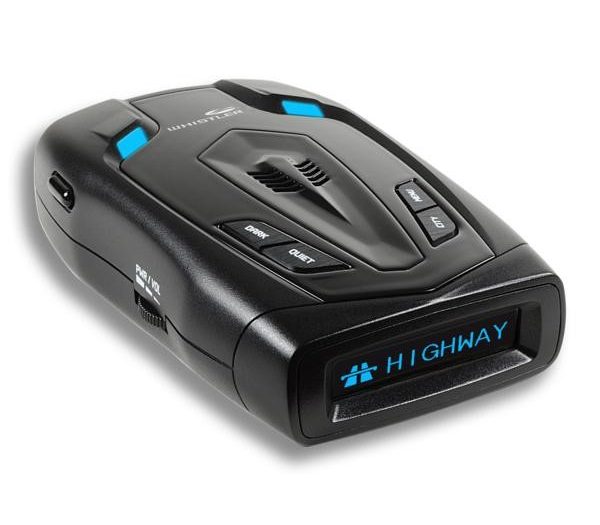IN A DISTURBING TREND, radar detectors are being offered for sale online in pop-up ads.
Now, in the interests of transparency, we have to admit to owning a series of radar detectors way back when they were legal, and while we didn’t use them to speed with impunity, they still saved us a substantial amount of money.
In most cases, the radar detector went off when we were travelling maybe a few km/h over the speed limit, giving us plenty of time to slow down and avoid a fine.
However, after returning from an extended stay overseas in the early 90s, we learnt that radar detectors (otherwise known, depending on jurisdiction, as a “prohibited speed measuring evasion article”) had been made illegal in our absence (we were living in NSW at the time). Over the years, such devices have been made illegal in all states and territories in Australia, with WA finally coming into line in October 2021. When we tried to clarify the situation with a local police sergeant on our return and get some advice on our best course of action, he explained that he “should accompany you to the vehicle, confiscate the offending item” and issue us with a hefty fine (from memory, about $800). Instead, he strongly suggested we remove it from the vehicle (it was wired in) and dispose of it “as quickly as possible”.

Here at seniordriveraus we find it highly surprising that something illegal to own and use can be advertised, purchased and used.
Naturally, authorities take a very dim view of radar detectors (and radar jammers, that incur the same penalties).
As always, penalties vary from state to state. The latest data we have been able to source (and as is so often the case with laws and penalties, it hasn’t been easy) is:
NSW: Ownership of a radar detector or jammer, whether working or not, or being used or not, will incur a fine of up to $2200 with the loss of nine demerit points. Other information indicates penalties of up to $6500 (but we haven’t been able to confirm this figure).
VIC: Ownership or use of a radar detector or jammer in Victoria will incur a fine of up to $3846. There is no mention of the loss of demerit points. There is also no mention as to whether using a radar detector when penalties are doubled will apply to radar detectors.
QLD: In Queensland, people found to be in possession or using a radar detector will be subject to an on-the-spot fine of $400, but court-imposed penalties may be as high as $5750. There is no indication that demerit points will be lost.
SA: The penalty in SA is $499 plus a $99 Victims of Crime levy (making a total penalty of $598). However, SA applies a double jeopardy system; you could face one fine of $598 for using a detector, and a further penalty of $598 for even having one in your possession. There is also a $598 penalty for anyone who “sells, stores or offers for sale” a radar detector.
WA: Western Australia, the last state to ban the use of radar detectors, will impose of fine of $1200 plus the loss of seven demerit points. If discovered being used in a heavy goods vehicle, the fine is increased to $1500 (although the loss of demerit points remains at seven).
TAS: Tasmanians caught using a radar detector will face a fine of $1040. There is no indication that demerit points will be lost.
ACT: In the ACT, a hefty fine of $3200 applies, but there is no mention of demerit point loss.
NT: And the granddaddy of them all when it comes to fines is the Northern Territory. Being found to be using a radar detector in the NT will incur a massive fine of $6480, although you may not be liable for the loss of any demerit points (we couldn’t find out).

Should you need any additional reason not to be tempted by a radar detector or jammer, online reviews of the company selling the DetectX radar detectors gets universally bad customer reviews (of 46 customer reviews, only one gave them two stars, and that was negated by various customers who would have given them zero if it had been possible).
NOTE: This article is not intended as legal advice. Check with the relevant roads or traffic authority in your state or territory.
